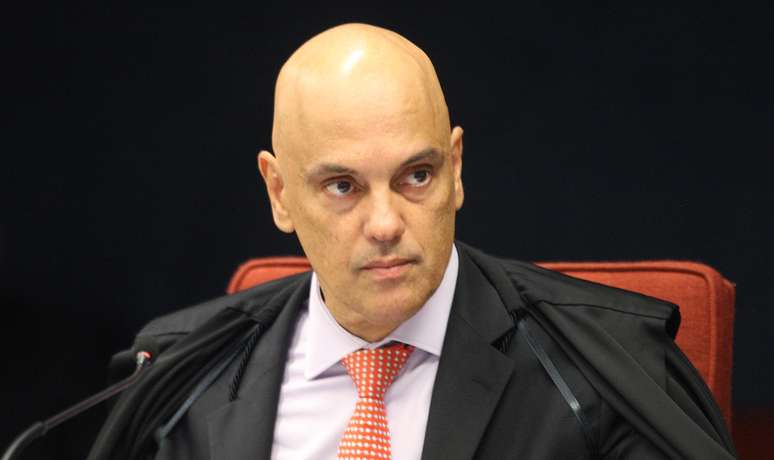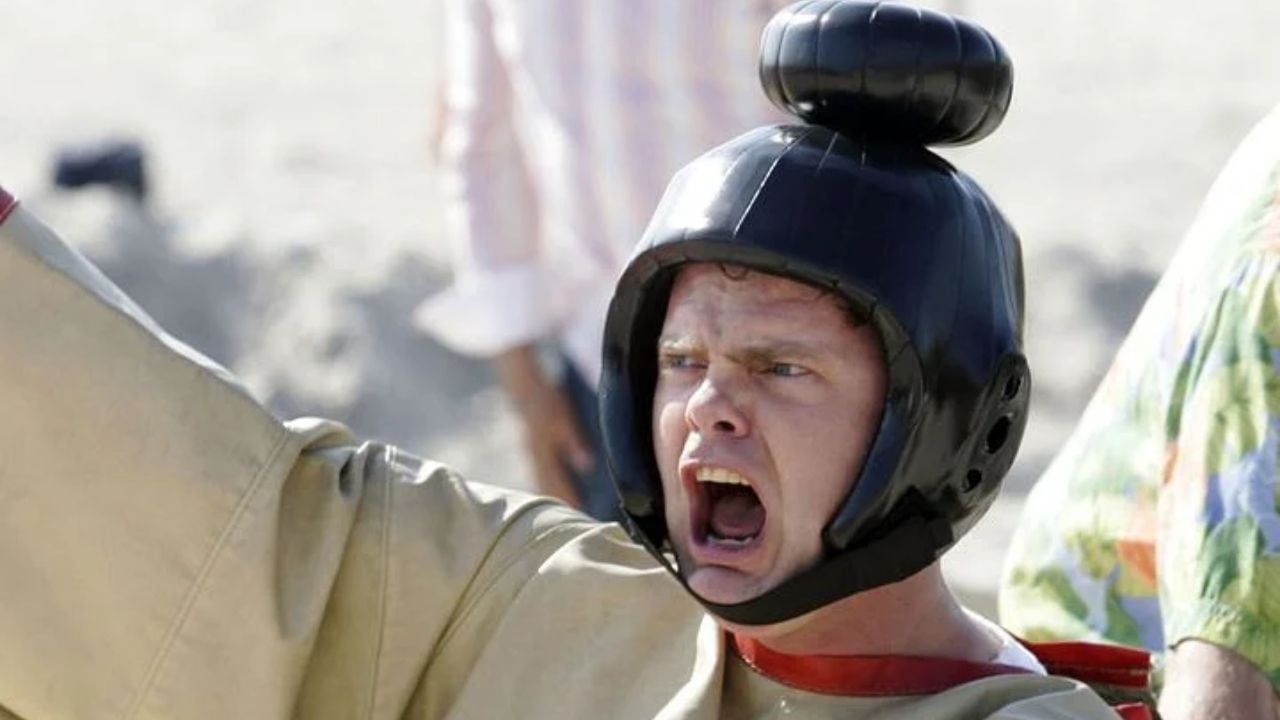While campaigning to regain the US presidency, Donald Trump claimed that he would be able to end Russia’s war in Ukraine within 24 hours, warned that Israel would be “eradicated” if it lost the election, and promised new tariffs on Chinese imports.
Now that Trump has won, many at home and abroad are asking an urgent question: Will he live up to his long list of foreign policy threats, promises and declarations?
The Republican has offered few specific details on the issue, but his supporters say the force of his personality and his “peace through strength” approach will help bend foreign leaders to his will and calm what Republicans describe as a ” world on fire”.
Republican politicians blame global crises on what they see as weakness demonstrated by current President Joe Biden, although Democrats reject that charge.
America’s friends and foes alike remain cautious as they await Trump’s return to office in January, wondering whether his second term will be filled with the kind of tumult and unpredictability that characterized the Republican’s first four years in the White House.
Trump’s tenure from 2017 to 2021 was often defined on the world stage by his protectionist “America First” trade policy and isolationist rhetoric, including threats to withdraw from the Western military alliance, the North Atlantic Treaty Organization (NATO ).
At the same time, he sought to capitalize on his image as a self-styled businessman negotiator, organizing summits with North Korea, which ultimately failed to halt the Asian country’s nuclear weapons program, and brokering normalization talks between Israel and several Arab neighbors achieved some success.
“Donald Trump remains erratic and inconsistent when it comes to foreign policy,” analysts at the European Council on Foreign Relations wrote in a post during the US election campaign.
“Europeans are still licking the wounds of Trump’s first term: they have not forgotten the former president’s tariffs, his deep antagonism towards the European Union and Germany,” they said.
Trump and his supporters reject such criticism, insisting that other countries have long taken advantage of the United States and that he will put a stop to it.
END OF THE WAR IN UKRAINE
Trump’s response to Russia’s war in Ukraine could set the tone for his agenda and indicate how he will deal with NATO and key US allies, after Biden worked to rebuild key relationships that frayed under his predecessor.
Ukrainian President Volodymyr Zelenskiy congratulated Trump on the social media site X, describing Trump’s approach of peace through strength as a “principle that can practically bring a just peace in Ukraine closer.”
Trump insisted last year that Russian President Vladimir Putin would never have invaded Ukraine in 2022 if he were in the White House, adding that “even now I could resolve this issue in 24 hours.” But he didn’t say how.
Trump criticized Biden’s support for Ukraine and said that under his presidency the United States will fundamentally reconsider the purpose of NATO. He told Reuters last year that Ukraine may have to cede territory to reach a peace deal, something the Ukrainians reject and Biden has never suggested.
NATO, which supports Ukraine, is also under threat.
Trump, who for years has lashed out at NATO members who fail to meet agreed-upon military spending targets, warned during the campaign that he will not only refuse to defend nations “defaulting” on funding, but will also embolden Russia to “do whatever you want” with them.
“NATO would be facing the gravest existential threat since its founding,” said Brett Bruen, a former foreign policy adviser in the administration of former US President Barack Obama.
A FREER HAND FOR ISRAEL?
Trump will also face an unstable Middle East that threatens to escalate into a broader regional conflict. Israel is fighting wars in Gaza and Lebanon and facing arch-enemy Iran, while Yemen’s Houthis fire on commercial ships in the Red Sea.
Trump expressed support for Israel’s fight to destroy Hamas in the Palestinian enclave, but said Prime Minister Benjamin Netanyahu, a Trump ally, must finish the job quickly.
Trump is expected to continue arming Israel, whose existence he says would be threatened if Democrat Kamala Harris were elected – a claim rejected by the Biden administration given its staunch support for Israel.
His policy toward Israel is unlikely to be constrained by humanitarian concerns, in contrast to the pressure Biden has exerted to a limited extent. Trump could give Netanyahu a freer hand on Iran.
But it could also face a new crisis if Iran, which has stepped up nuclear activities since Republicans abandoned the nuclear deal with Tehran in 2018, rushes to develop a nuclear weapon.
The last time Trump was in the White House, he presided over the signing of the Abraham Accords between Israel, the United Arab Emirates and Bahrain. But these diplomatic agreements have done nothing to advance Palestinian statehood in the West Bank and Gaza.
However, Trump will likely push for the historic normalization of relations between Israel and Saudi Arabia, an effort that began during his first term and that Biden has also continued.
CONFUSING MESSAGES ABOUT CHINA
Trump has made a tough stance on China the centerpiece of his campaign, suggesting he would raise tariffs on Chinese goods as part of a broader effort that could also hit EU products. Many economists argue that such measures would lead to higher prices for U.S. consumers and sow global financial instability.
He has threatened to go further than in his first term, when he implemented a sometimes chaotic approach to China that plunged the world’s two largest economies into a trade war.
But as before, Trump sent a mixed message, describing Chinese President Xi Jinping as “brilliant” for ruling with an “iron fist.”
Trump also insisted that Taiwan should pay the United States to defend it. But he said China would never dare invade Taiwan, which is democratically governed and which Beijing claims as its territory, if it were president.
Another unknown is how Trump will organize his national security team, although many critics believe he will avoid bringing in top Republicans who at times served as “guardians” during his first term.
Many former top aides, including former national security adviser John Bolton and Trump’s first chief of staff, John Kelly, broke ranks with him before the election, calling him unfit for the job.
Trump hasn’t said who he might nominate, but sources familiar with the matter say Robert O’Brien, his latest national security adviser, will likely play an important role.
Trump is expected to place people loyal to him in key positions at the Pentagon, State Department and CIA, whose primary allegiance will be to him, current and former aides and diplomats told Reuters.
The outcome, they say, would allow Trump to make sweeping changes to federal policy and institutions that implement — and sometimes limit — presidential actions abroad.
Source: Terra
Rose James is a Gossipify movie and series reviewer known for her in-depth analysis and unique perspective on the latest releases. With a background in film studies, she provides engaging and informative reviews, and keeps readers up to date with industry trends and emerging talents.







